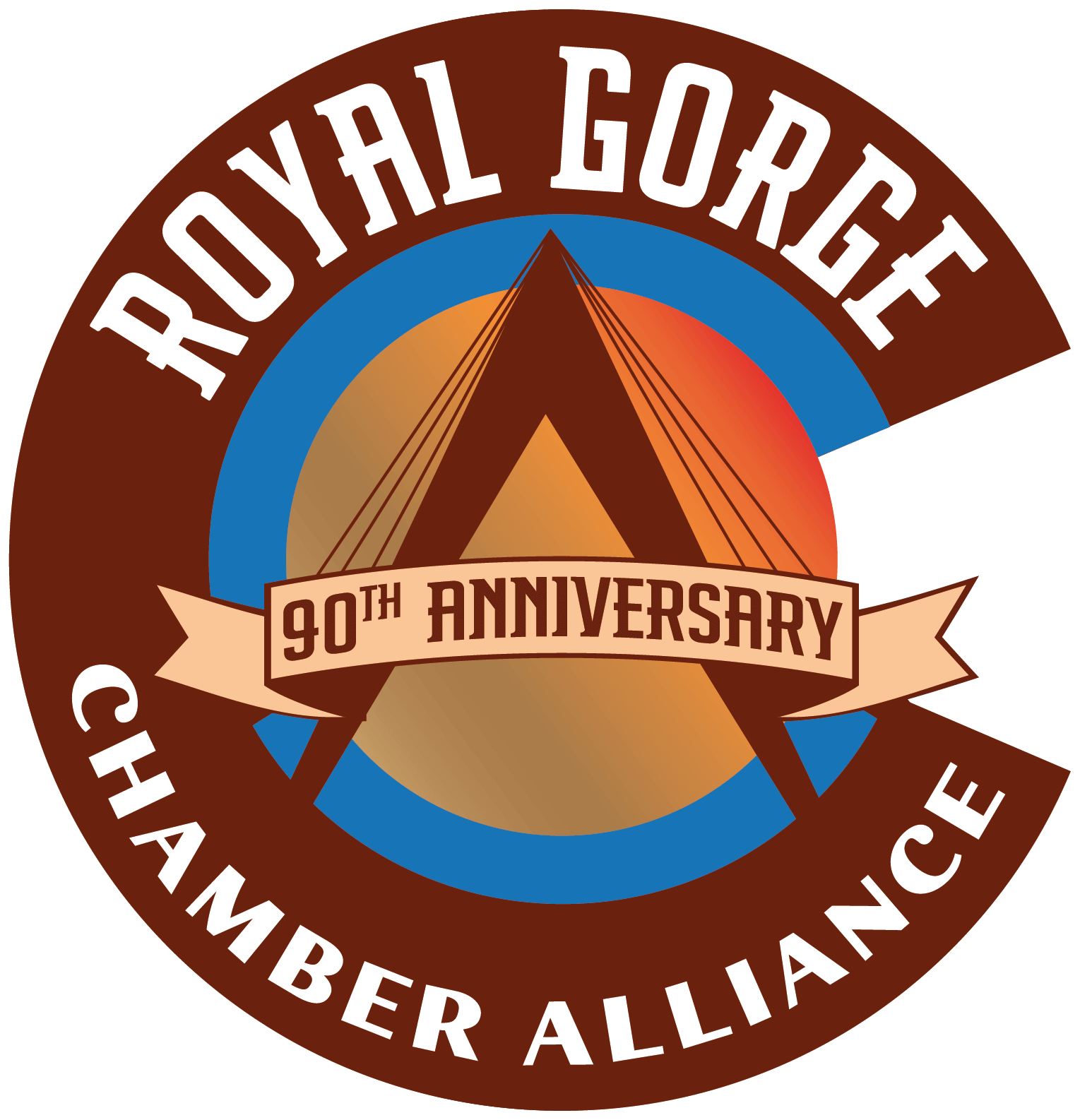
Before You Start a Cleaning Business, Read This
Starting a cleaning business might sound straightforward—buy supplies, find clients, clean—but the real work begins long before you scrub your first surface. It takes more than hustle and elbow grease. You need operational clarity, financial foresight, a strategy that doesn't collapse under client expectations, and a structure durable enough to scale. Many first-time business owners burn out not from the physical labor, but from building a business they don’t understand. That’s avoidable. And if you're clear-eyed about what it takes, you'll find that cleaning can be one of the most flexible and resilient business models available. The key is in how you begin.
Know What You’re Signing Up For
A lot of people assume they can start a cleaning business with just a mop and some hustle. But unless you’ve mapped out your real expenses—including uniforms, vehicle maintenance, client software, and safety gear—you’re operating blind. An honest look at early-stage business expenses puts you in the right mindset from the beginning. You’re not just launching a service; you’re building a system. Knowing whether you need $3K or $10K before you take your first job determines what kind of business model you can even support. There’s nothing noble about being underprepared. Clarity here saves you from spiraling later.
Skip the Guesswork on Legal Setup
Too many business owners treat legal registration like optional paperwork. It’s not. Addressing registration and compliance basics early protects you from surprises, and sends a signal to clients that you’re legitimate and accountable. This doesn’t mean you need to hire a lawyer on day one—but it does mean forming a legal entity, setting up your tax ID, and knowing your liability coverage. If your service agreement can’t explain what happens if something breaks, you’re not ready to take someone’s keys. Professionalism begins in the structure, not the polish. Nail the setup first.
Don’t Skimp on Your Supply Arsenal
Second only to undercharging, new owners often sabotage themselves by showing up under-equipped. A well-curated professional supply checklist will tell you quickly whether you’re prepared to serve offices, apartments, post-renovation sites—or just your own expectations. You’ll want to carry more than surface-level gear: respirators, grout brushes, extra batteries, corner dusters. Those details slow you down when you forget them, and speed you up when they’re second nature. Treat your supply cart like a toolkit, not a janitor’s closet. This isn’t about over-preparing; it’s about moving like you know what matters.
Name Like You Mean It
Your business name isn’t just a label—it’s a strategic asset. Many founders don’t realize how a poorly chosen name slows their momentum until it’s too late. Using best cleaning company name ideas to shape your direction from day one gives your brand legs. A strong name creates recall, reinforces your tone, and acts as a built-in referral loop. You’re not just trying to be memorable—you’re trying to be shareable and searchable. Avoid the trap of naming your business after yourself unless your name carries weight. Think bigger than “cute” or “clever.” Think usable.
Insurance Is Not Optional
Cleaning is physical work in unfamiliar spaces. One oversight—a spilled chemical, a dropped appliance, a tripped guest—can cost you more than you’ll make in a year. Getting serious about risk coverage and liability options early is what separates professionals from hobbyists. This isn’t about fear; it’s about readiness. You’ll want coverage that anticipates the actual scenarios you’ll face, not generic templates. And if you ever hire help, you’ll want to know your worker’s comp obligations cold. Risk doesn’t wait until you're profitable. It’s present from day one.
Marketing Is Not a Side Job
Referrals are great—but they don’t scale on their own. People don’t book who they don’t see. So you’ll need to layer strategies for getting found into your weekly rhythm, even when you’re slammed. Flyers, email follow-ups, neighborhood boards, and SEO-optimized profiles aren’t add-ons—they’re infrastructure. If you treat visibility like an afterthought, your growth will flatline the minute your personal network dries up. Keep showing up, in the places your clients already are. Marketing isn't magic—it's memory engineering. Make them remember you before they need you.
You’re Building More Than a Job
Starting your own cleaning business is not just a way to “be your own boss.” It’s an act of designing how your days work. How your money flows. What your reputation holds. Done poorly, it’s a grind. Done well, it’s a launchpad. That difference won’t come from luck—it comes from clarity, infrastructure, and consistent learning. So before you print the flyers or chase the first client, spend the time getting these pieces right. Not to slow you down. But to make sure that when you do speed up, the wheels stay on.

